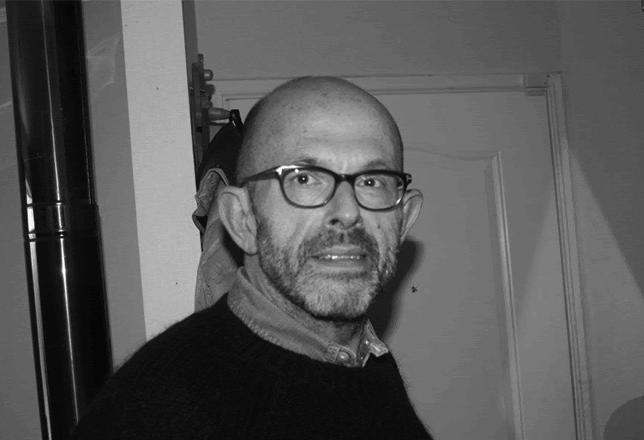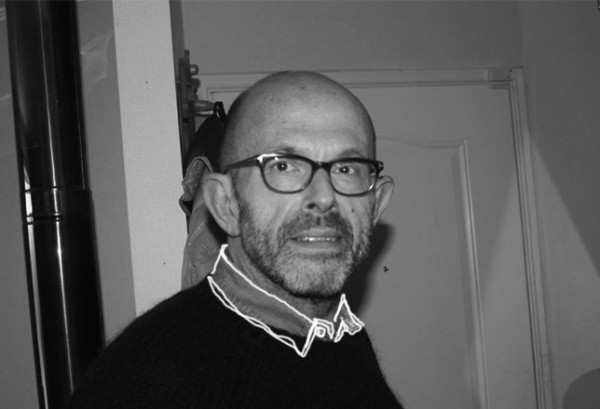|
Swab Barcelona is proud to introduce its new selection committee, who will be in charge of selecting the international and local galleries participating in the general program of its upcoming tenth anniversary edition.
On this occasion, we spoke with Harold Berg, collector and economist. Berg is a member of the Whitney Museum of American Art’s Photography Committee, patron of the Tate Modern in London, and a collaborator at MACBA. Passionate about the American artist Gordon Matta-Clark, his interests in art center on the 60s and 70s, particularly on artists who worked with limited resources and readdressed the status quo.
What interests you the most about a new artist?
That he/she doesn’t seem novel, doesn’t want to seem like an artist. The creator person, that’s whom I’m interested in. And because you know it before hand, it’s hard to tell, actually. We live in such a mediated environment that I’m interested in spontaneity, in what’s genuine; not in clichés or trite discourse. What they create should be honest, unfiltered by hyperintelectualizations, shouldn’t revisit what’s already been seen. Personas don’t help, what helps is frankness and coherence. If what they do is created with the minimal means, better still.
What medium do you think will prevail in coming years? Where are the new trends heading regarding this?
I’ve never really cared about where the trends are going, much less now. I think a new medium will emerge, that will be about mixing, connecting, relating. Those who have left their mark somehow have been doing it forever. I think that whomever manages this ability to connect will be innovative, and if they do it well, then they’ll thrive. People talk about painting, about net-art, about performance… so many sub-categories will be dominant that it’s impossible to accept. In the post-internet world, it’s all about connections. I don’t think speculation has worked in general, even less in art, thankfully.
How/Where do you see the art scene in our post-Brexit world?
All situations of chaos or uncertainty are good for art, history reminds us of that every time. Stability and predictability betray creativity, although living in confusion is not that easy. I think in a post-Brexit and Post-Trump world, the moment for art will be magnificent. It's a shame that the “audiences” will be partially occupied by other things. Once again, institutions will help, in some measure, toward understanding life as change.
|


